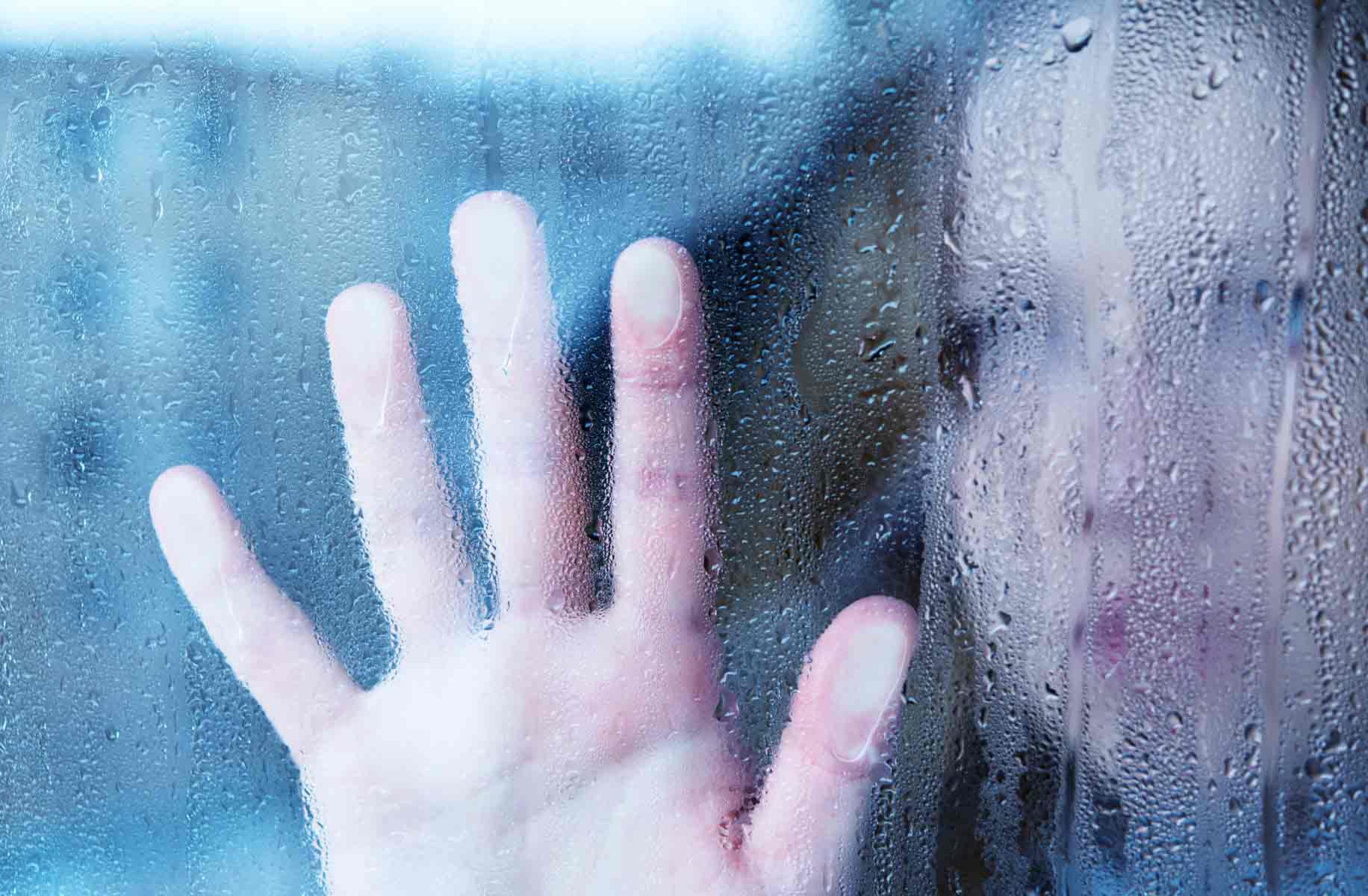
Skin Wellness
Psoriasis
Medical Disclaimer: The information and advice published or made available through this website is NOT intended to replace the services of a physician or a health care professional acting under a physician’s supervision, nor does it constitute a doctor-patient relationship which has been established by an in-person evaluation of a patient.
Psoriasis is a chronic skin disease of scaling and inflammation that affects 2 to 2.6 percent of the United States population, or between 5.8 and 7.5 million people. Although the disease occurs in all age groups, it primarily affects adults. It appears about equally in males and females. Psoriasis occurs when skin cells quickly rise from their origin below the surface of the skin and pile up on the surface before they have a chance to mature. Usually this movement (also called turnover) takes about a month, but in psoriasis it may occur in only a few days.
In its typical form, psoriasis results in patches of thick, red (inflamed) skin covered with silvery scales. These patches, which are sometimes referred to as plaques, usually itch or feel sore. They most often occur on the elbows, knees, other parts of the legs, scalp, lower back, face, palms, and soles of the feet, but they can occur on skin anywhere on the body.
The disease may also affect the fingernails, the toenails, and the soft tissues of the genitals and inside the mouth. While it is not unusual for the skin around affected joints to crack, approximately 1 million people with psoriasis experience joint inflammation that produces symptoms of arthritis. This condition is called psoriatic arthritis.
Skin conditions affect quality of life
Individuals with psoriasis may experience significant physical discomfort and some disability. Itching and pain can interfere with basic functions, such as self-care, walking, and sleep. Plaques on hands and feet can prevent individuals from working at certain occupations, playing some sports, and caring for family members or a home. The frequency of medical care is costly and can interfere with an employment or school schedule. People with moderate to severe psoriasis may feel self-conscious about their appearance and have a poor self-image that stems from fear of public rejection and psychosexual concerns. Psychological distress can lead to significant depression and social isolation
Treatments
Acupuncture and herbal medicine (internal/topical) together are a powerful pair. These two modalities to help restore the balance of the body. When imbalances arise, so does disease. So by bringing the body systems back into harmony, disease can be resolved.
In addition to acupuncture and herbal medicine, dietary therapy and lifestyle modifications also help reduce psoriasis symptoms. Regular treatment for 3 to 9 months will reduce the number and size of plaques, scales, redness, and other psoriasis symptoms. But you have to commit to treatment. If treatment is stopped before symptoms of have resolved, there will be a recurrence.
It is important to consolidate the treatment after the clearing treatment to ensure there will not be a recurrence. This consolidating treatment allows us to nourish the new skin back to health by restoring the normal blood flow and moisture. Our goal is to treat your psoriasis so you can get on with your life instead of having to come for treatments and take medicine for the rest of your life.
Skin Wellness
